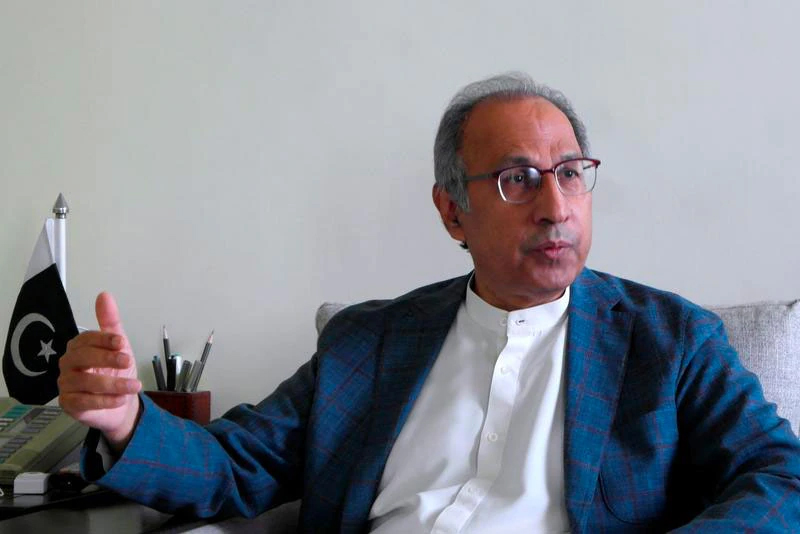Islamabad, Aug 18: Pakistan’s newly appointed caretaker Foreign Minister Jalil Abbas Jilani has said he would pursue close relationships with all major powers including the US and China, seek better ties with India and further enhance cooperation with the Gulf region.
Soon after taking oath as the caretaker foreign minister on Thursday, the 68-year-old veteran diplomat said he would continue to follow a foreign policy evolved through national consensus.
Jilani, who served as foreign secretary and Pakistan’s ambassador to the US, said there was a national consensus that Pakistan must have a good relationship with the US while maintaining close ties with China.
“We are clear that Pakistan will not enter into any bloc politics,” he told the Express Tribune newspaper.
Pakistan has been treading carefully amid intensified US-China rivalry and, at times, has been forced to make difficult choices.
Islamabad twice skipped the US President’s Democracy Summit in what was seen as a clear effort not to antagonise its all-weather ally China.
At the same time, Pakistan has also pushed for a close relationship with the US. It is believed that Washington played a key role in ensuring the standby agreement Pakistan signed with the International Monetary Fund (IMF) to avoid a potential default.
On Wednesday, US Secretary of State Antony Blinken congratulated Caretaker Prime Minister Anwaarul Haq Kakar and underlined the shared interests of both countries in working together for the economic prosperity of Pakistan.
Given that elections may not take place this year, Jilani may have to deal with many pressing foreign policy challenges, the report said.
Jilani was of the view that Pakistan always wanted better ties with its eastern neighbour. However, he added that a better relationship with India was contingent upon both sides resolving the long-standing issues including the core issue of Jammu and Kashmir, the report said.
Ties between India and Pakistan strained after a terror attack on the Pathankot Air Force base in 2016 by terror groups based in the neighbouring country.
The relationship nosedived after India’s warplanes pounded a Jaish-e-Mohammed terrorist training camp deep inside Pakistan on February 26, 2019 in response to the Pulwama terror attack in which 40 CRPF jawans were killed.
The relations deteriorated further after India announced the withdrawal of the special powers of Jammu and Kashmir and the bifurcation of the state into two union territories in August, 2019.
India has repeatedly told Pakistan that Jammu and Kashmir “was, is and shall forever” remain an integral part of the country. New Delhi has told Islamabad that it desires normal neighbourly relations with it in an environment free of terror, hostility and violence.
The interim foreign minister emphasised the importance of maintaining close relationships with the Gulf countries including Saudi Arabia and the UAE.
The army-led economic revival plan was dependent on the investment from these two Gulf countries, the report said.
Pakistan is eyeing billions of dollars in investment from Saudi Arabia and the UAE to address its chronic economic challenges including the current account issues that often compelled the country to seek IMF bailouts.
Jilani said the relationship with these Gulf countries was crucial and he would continue to make efforts for further deepening those ties.
He highlighted the importance of Pakistan’s relationship with the European Union (EU) and said the EU was Pakistan’s major trading partner and the country was benefiting from the GSP plus scheme, the report said.
Jilani said he would want to seek closer ties with the 27-nation bloc, it said. (PTI)


